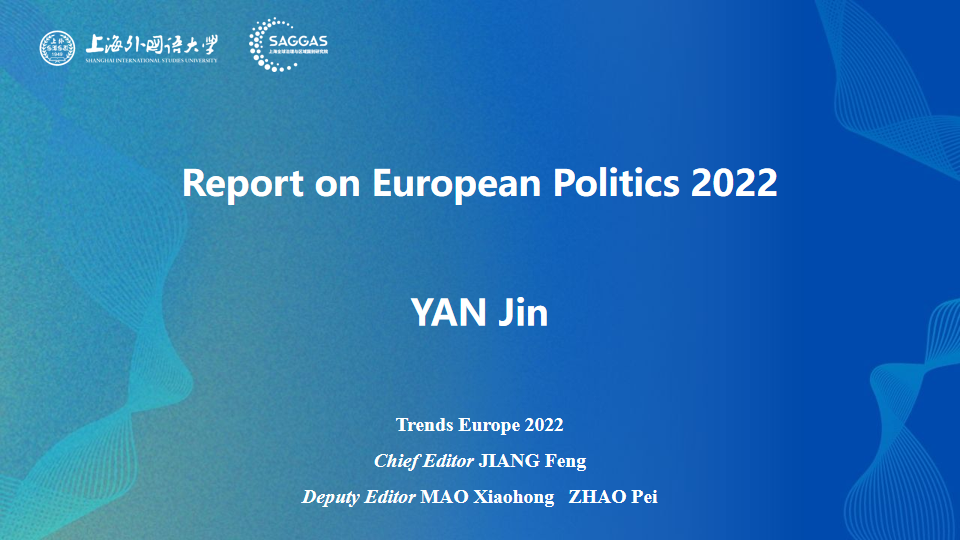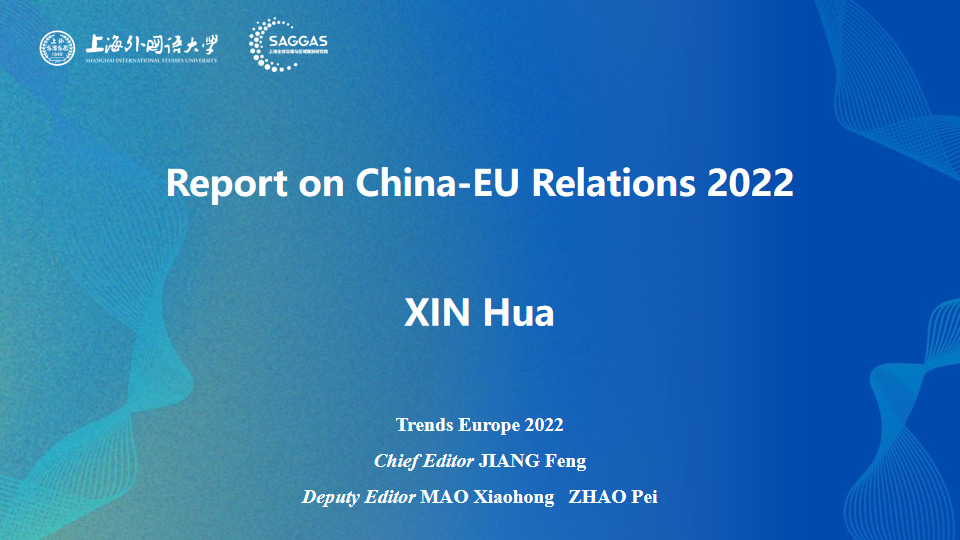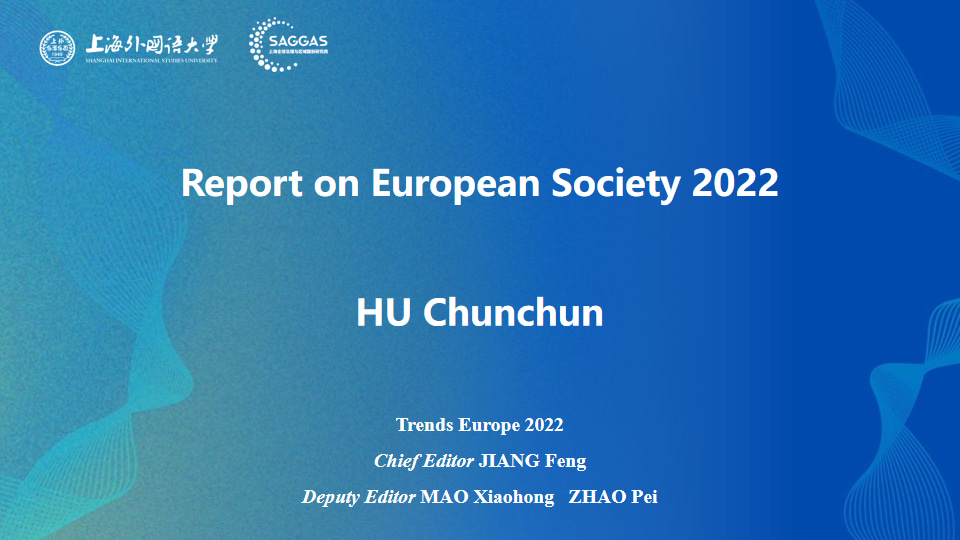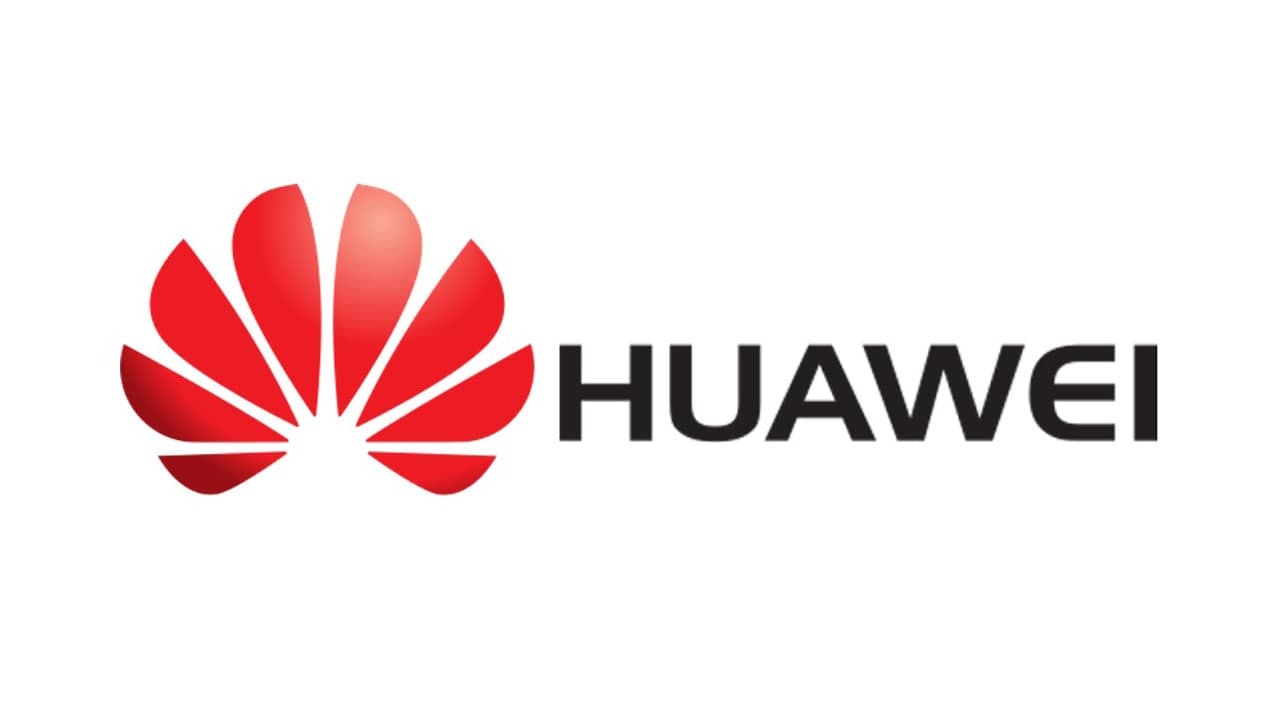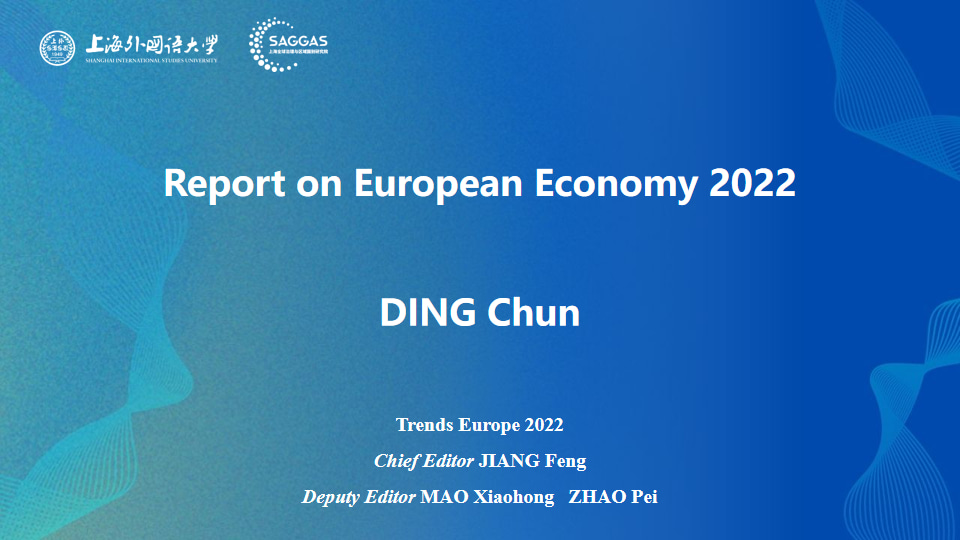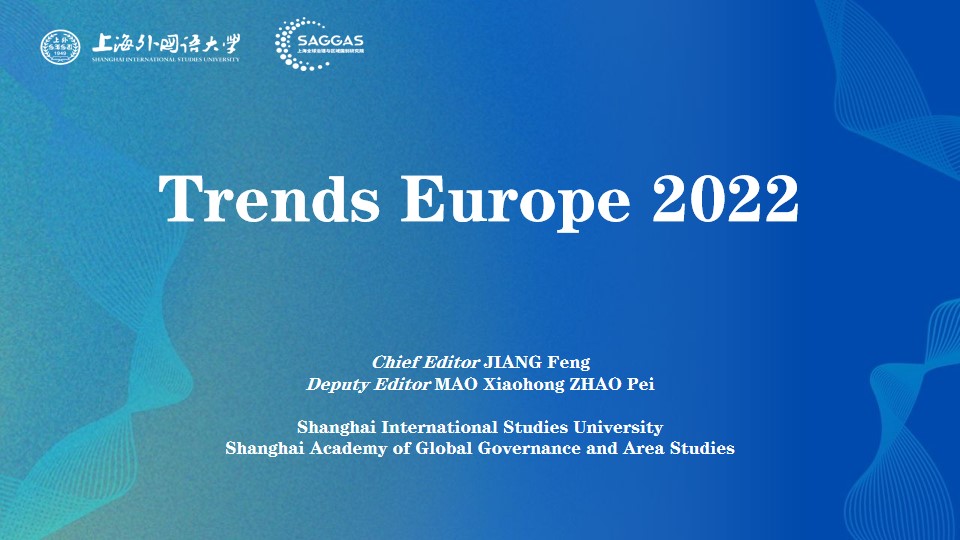
PREFACE
For more than a year, Europe has been roiled by the most turbulent changes since the end of the Second World War. At the forefront of these changes is another outbreak of crisis in Ukraine. According to data from the Kiel Institute for the World Economy, in addition to Ukraine and Russia, another 31 countries are involved in the conflict by directly providing military assistance to Ukraine. Of these countries, 25 are in Europe; 4 are in Asia and Oceania; and 2 in Northern America¹.Therefore, the war is not just between Russia and Ukraine; all of Europe has been dragged into the conflict, with knock-on impacts for major nations and regions around the world. It is, in effect, a global war. In the face of the conflict, on 27 February 2022, German chancellor Olaf Scholz addressed the Bundestag, where he referred to the war as marking a“watershed era” ( Zeitenwende ) and declared that "the world afterwards will no longer be the same as the world before"². What will the world look like in the future? The tremendous changes on the ground have inevitably sparked social movements andprofound changes to oureveryday lives. There is a natural, close link between the “watershed era”and the Zeitgeist. In the future, that spirit will develop in thought and reveal itself in the trends of the time. What will Europe look like in the future? What will the socio-economic foundation of Europe be?
There is already an extensive volume of literature about the Russia-Ukraine conflict and its impact on Europe. Most of the literature explores the issue from a political-economic or security and military standpoint. The writers of this report, however, focus on changes in thought and social movements, and by putting them in the political and economic context,share their observations and understanding of contemporary Europe. They attempt to give an overview of the present situation, explore the broader trends in Europe’s development, and look ahead to the continent's future. Although Russia is also a European country, for ease of reading and analysis, this report uses“Europe” to refer to EU and NATO member countries.
Europe has been changed by the war. Economically,over the past year, Europe did not see the rebound in growth that was widely expected post-COVID; the Russia-Ukraine war, energy crises, and supply chain shocks dealt a deep blow to the European economy, but despite this, the EU and the Euro area still realized growth of 3.6% and 3.5% respectively, demonstrating strong resilience in the European economy. Warmer-than-average winter temperatures also helped Europe avoid catastrophe. Nevertheless, beginning in the fourth quarter of 2022, the energy crisis sparked by the conflict in Ukraine continued to weigh on economic growth, and Europe entered a period of profound changes to its energy structure, the ramifications of which are yet to fully play out. These structural changes are the first since the 1970s oil crisis, during which European energy provision shifted from the Middle East to theformer Soviet Union; today, the shift is in the opposite direction.Energy structure changes and policy shifts will exert a far-reaching impact on Europe's economy and way of life. In terms of diplomacy, after the Cold War, the pace of globalisation picked up.with the economy treated as the core of diplomacy — a ballast stone for international relations. However, the war in Ukraine has forcefully illustrated how Europe, particularly Germany, is willingto bear severe economic fallout in order to sever relations with Russia; the economy is no longer a tie that binds the countries together. The traditional view of the economy as a ballast stone hasthus been overturned; instead, nations are separating, dividing theglobal political landscape into “democratic”and “non-democratic” camps. The danger in drawing factional lines between nations lies inthe over-simplistic escalation of specific competing national interests into life-or-death struggles. This will inevitably lead to conflict without thought for the cost, plunging the world into unprecedented uncertainty and danger. With the outbreak of the Ukraine war.public discourse in Europe was rapidly “militarised”, with a wave of words of war becoming accepted in common parlance; European nations, especially Germany, have shifted from civil societies believing in the "strength of civilization”, to " war civil societies”( Kriegszivilgesellschaft )³. Professor Ding Chun,Associate Professor Yan Jin and Professor Xin Hua share their analysis of the European economy, politics,and China relations.
Europe reflects on this war. As the conflict continues to escalate, the spectre of a nuclear or full-scale war hovers in the background, imagining the destructive force of war is more terrorinducing than the bloody struggles on the battlefield. Fear-driven thinking is short-termist. The public discussion on Europe's present condition is concentrated on war and weapons , while the question othe deeper causes of the war has been marginalized and simplified:it has even become a question of principles that allows people to separate friend from foe. Observers far removed from the European battlefield should understand that it would be inappropriate to hope that Europeans in the war could engage in a lengthy discussion of thereasons for the war at this time. Nevertheless, thinkers aresupposed to be ahead of the curve on the questions of the day , and the war in Ukraine has indeed given rise to philosophical and sociological reflections that express the hope for survival and peace amid the terror of war. Associate professors Xiong Wenchi and Hu Chunchun provide an overview of the reflections and heateddiscussions in European intelligentsia on this issue, allowing more distant observers a glimpse of the European Zeitgeist.
Although discussion of the war in Ukraine are central tounderstanding the situation in Europe, it is not the whole conversation. Europe was the first region to modernise, was also the first to encounter the problems caused by that modernisation, and was one of the earliest regions to recognise the negative effects of technology and social progress. In Europe, these effects, such as the broad impact of digital technology and climate change on humanity, are being taken seriously. Over the past year, the European Union has continued to roll out its legislative agenda with the Digital Services Act and the Digital Markets Act , which represent a major advance in placing constraints on the expansion of digital giants,ensuring orderly development of the digital economy .and protecting users’ and citizens’ rights. How to balance the development of digitalisation with social stability and individual rights protection is a governance issue for every country. Advances in carbon net zero technology are worthy of our attention; for instance, if synthetic eFuels could finally resolve efficiency issues,scale up production and become widely adopted, we could finally realise the dream of a carbon-neutral fuel cycle. The natural environment and man-made technology have far-reaching impacts on our environment. In addition to these, falling birth rates and anaging population represent an existential challenge for Europe inboth scale and structure. In all the areas mentioned above, Europe can be seen as a model for understanding the development of modernisation, offering valuable lessons for other countries and regions around the world.
Many people contributed to this report, and we would like to extend a special thanks to Professors Feng Zhongping and Ding Chun for their sterling efforts, and to associate professor Yan Jin, researcher Xin Hua, associate professors Xiong Wenchi and Hu Chunchun for sharing their research. We also thank the European languages and philology faculty at Shanghai International Studies University for their wise advice. Mao Xiaohong (PhD) and Zhao Pei (PhD) organised the editing and publication of this report, while Shanghai Foreign Language Education Press lent their professional support to the publication of the report.
“Trends Europe” is an annual report series published by Shanghai International Studies University and the Shanghai Academy of Global Governance & Area Studies. This report is the inaugural publication.
JIANG Feng
Chairman of the University Council
Shanghai International Studies University
Chairman of the Board
Shanghai Academy of Global Governance & Area Studies
[1]See the Kiel Institute for the World Economy, https://www.ifw-kiel.de/de/themendossiers/krieg-gegen-die-ukraine/ukraine-support-tracker/?cookieLevel=not-set.
[2]See Chancellor Schulz's speech to the Bundestag, https://www.bundesregierung.de/resource/blob/992814/2131062/78d39dda6647d7f835bbe76713d30c31/bundeskanzler-olaf-scholz-reden-zur-zeitenwende-download-bpa-data.pdf?download=1.
[3]Gunnar Hindrichs, “We have long since become a society of citizens at war” (“Wir sind längst zu einer Kriegszivilgesellschaft geworden”), https://www.zeit.de/kultur/2023-02/gunnar-hindrichs-ukraine-krieg-friedensverhandlungen-debatte?utm_referrer=https%3A%2F%2Fwww.google.de%2F.







